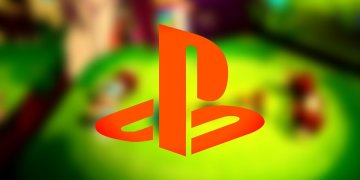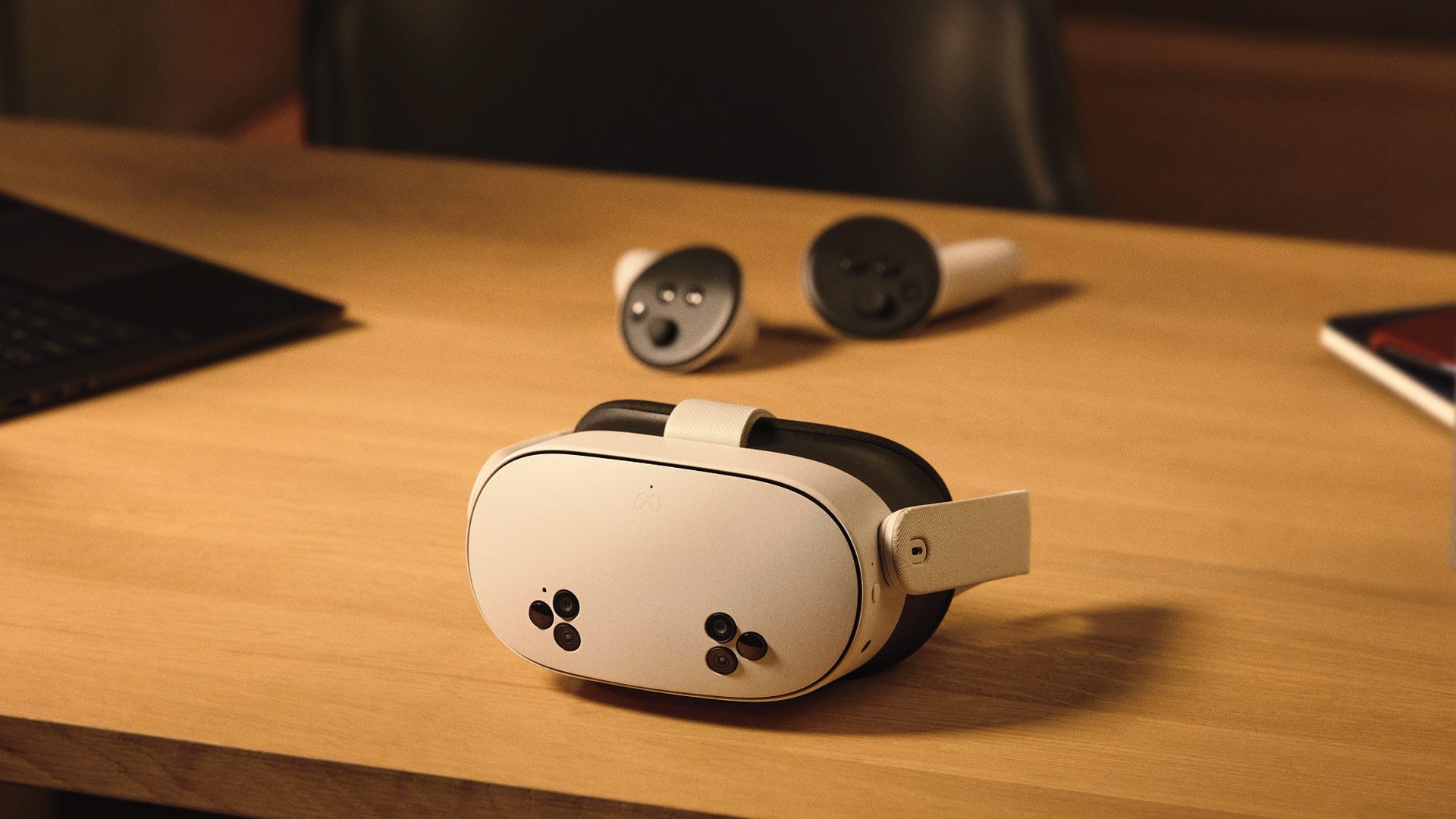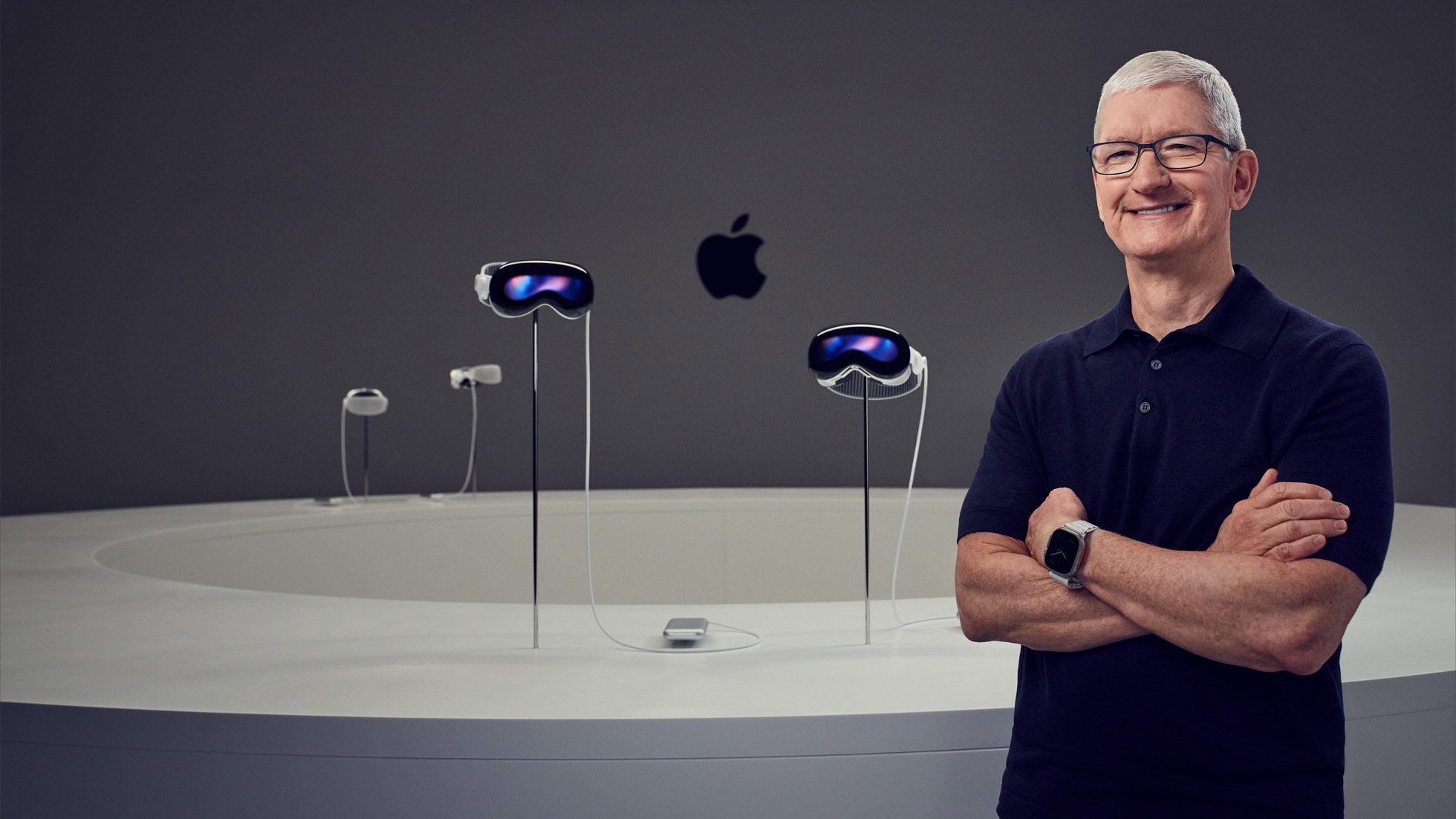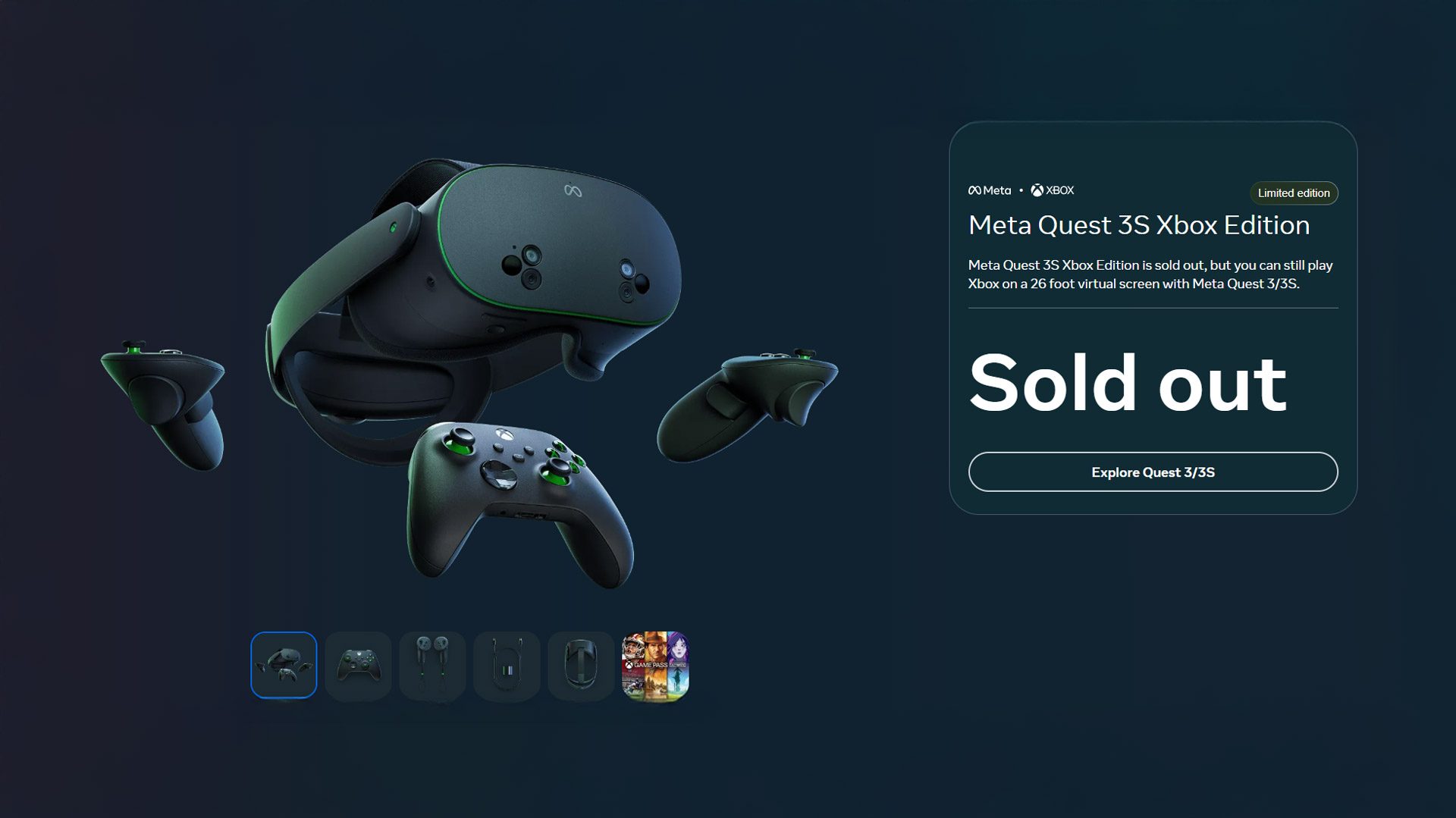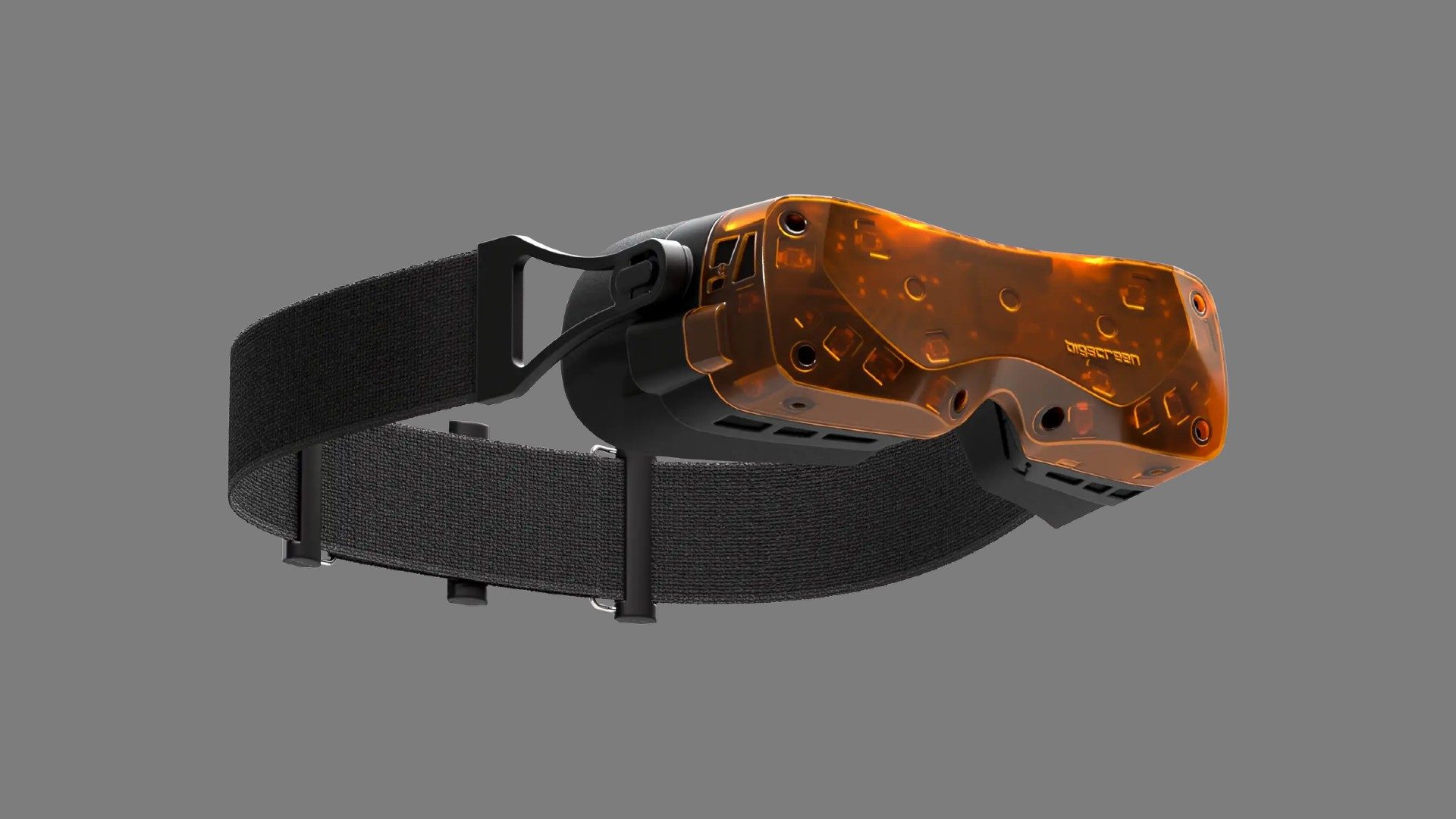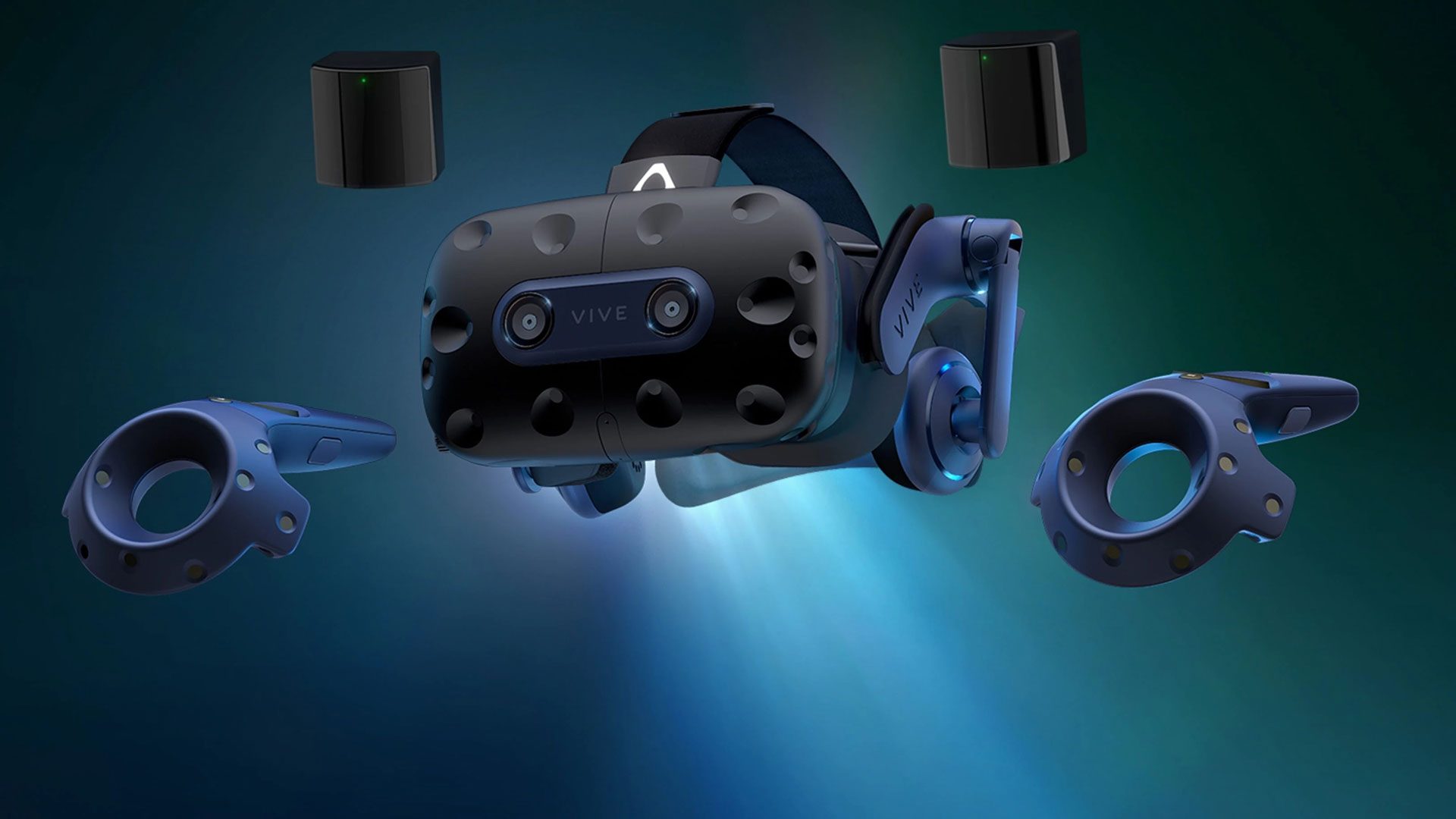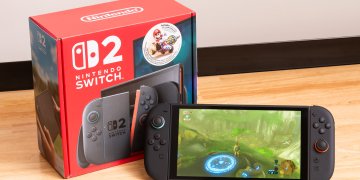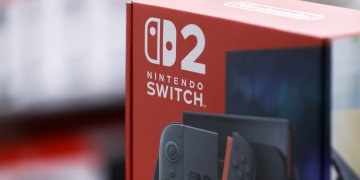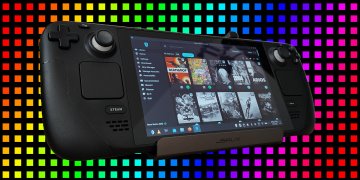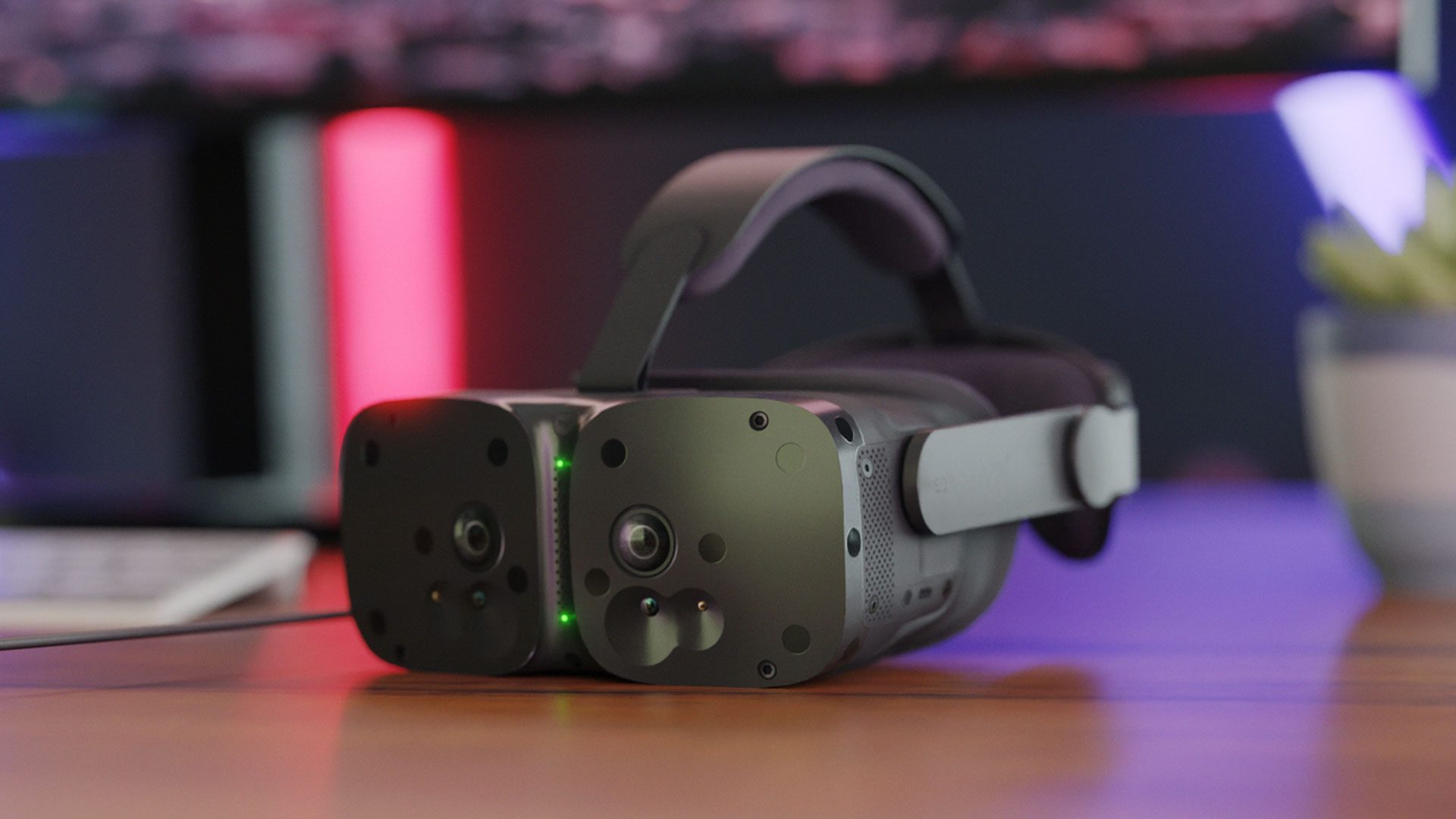The holiday break is over, folks, and it’s time to dive back into work. But hey, let’s be honest—getting back to the grind really means sneaking in a few moments to catch up on Windows Central. We’re your go-to source, always here to keep you informed.
If reading isn’t quite your jam, how about zoning out in front of the TV? If you’ve ever wished for a splash of AI while watching WWE or playing Xbox, today could be your lucky day.
According to The Verge, tech giants LG and Samsung have both released statements outlining their plans to tap into the world of AI, and Microsoft Copilot is joining the ride.
LG’s announcement is loaded with AI jargon, promising that large language models (LLMs) will transform your TV experience. The idea is that you can generate custom TV backgrounds with simple commands and receive tailored show recommendations based on your viewing habits. Imagine something like Windows Recall, but instead of digging into your credit card details, it keeps tabs on your secret marathon sessions of shows like Naked and Afraid or The Kardashians.
So, where does Microsoft Copilot fit into all this? Straight from the official word, “Access to Microsoft Copilot further streamlines the process, allowing users to efficiently find and organize complex information using contextual cues. For an even smoother and more engaging experience, the AI Chatbot proactively identifies potential user challenges and offers timely, effective solutions.”
It seems that Copilot will make its appearance on LG TVs as a simple web app. Whether or not anyone asked for that is another question entirely. Samsung echoes this sentiment, stating, “In collaboration with Microsoft, Samsung has announced new Smart TVs and Smart Monitors featuring Microsoft Copilot. This partnership will enable users to explore a wide range of Copilot services, including personalized content recommendations.”
Both Samsung and LG are delving into how AI can enhance video quality—things like upscaling HD video to 4K and improving frame smoothing. And Samsung is also not shutting the door on its partnership with Google, whose Gemini platform is rapidly catching up to OpenAI-powered services: “Samsung also plans to work closely with leading AI partners such as Google and others to expand what Vision AI can do.”
While Google started off slowly in the AI race, it’s quickly become a frontrunner in video generation tech. However, attempts to integrate AI with YouTube and Google Search have stumbled, sometimes spreading misinformation.
As it stands, consumers remain undecided about AI applications and services. Even with the influx of investment pouring into AI, I’d argue that a standout app or service for everyday users hasn’t really emerged yet. While tools like Copilot, ChatGPT, and Google Gemini add layers to search engines, they often just mimic human conversation and siphon off revenue from their sources.
That said, AI has been a game-changer for business and creative tools. Adobe, for instance, has integrated AI into Photoshop and Premier, saving users valuable time. Similarly, Github and Visual Studio Copilot are revolutionizing the way programmers work, enhancing efficiency across the board.
But from a consumer standpoint, Microsoft’s integration of Copilot with Windows hasn’t made a noticeable dent in Google’s search monopoly, despite being pre-installed on millions of PCs. Their widely hyped “Copilot+ PC” lineup has also underperformed, with potential buyers seemingly uninterested in what Microsoft has to offer.
Despite all this, the excitement around AI shows no signs of slowing down. Companies like xAI, Google, Microsoft, OpenAI, Meta, and many others are racing to determine who will be the first to make AI truly mainstream with the masses—and figure out how to profit along the way. Who will cross the finish line first? Stay tuned.










![[FREE Game] Ruffy and the Riverside Giveaway for PlayStation 5 (NA) [FREE Game] Ruffy and the Riverside Giveaway for PlayStation 5 (NA)](https://www.xgamernews.com/wp-content/uploads/2025/06/PlayStation-5-Ruffy-and-the-Riverside-A-Comprehensive-Review-360x180.jpg)
